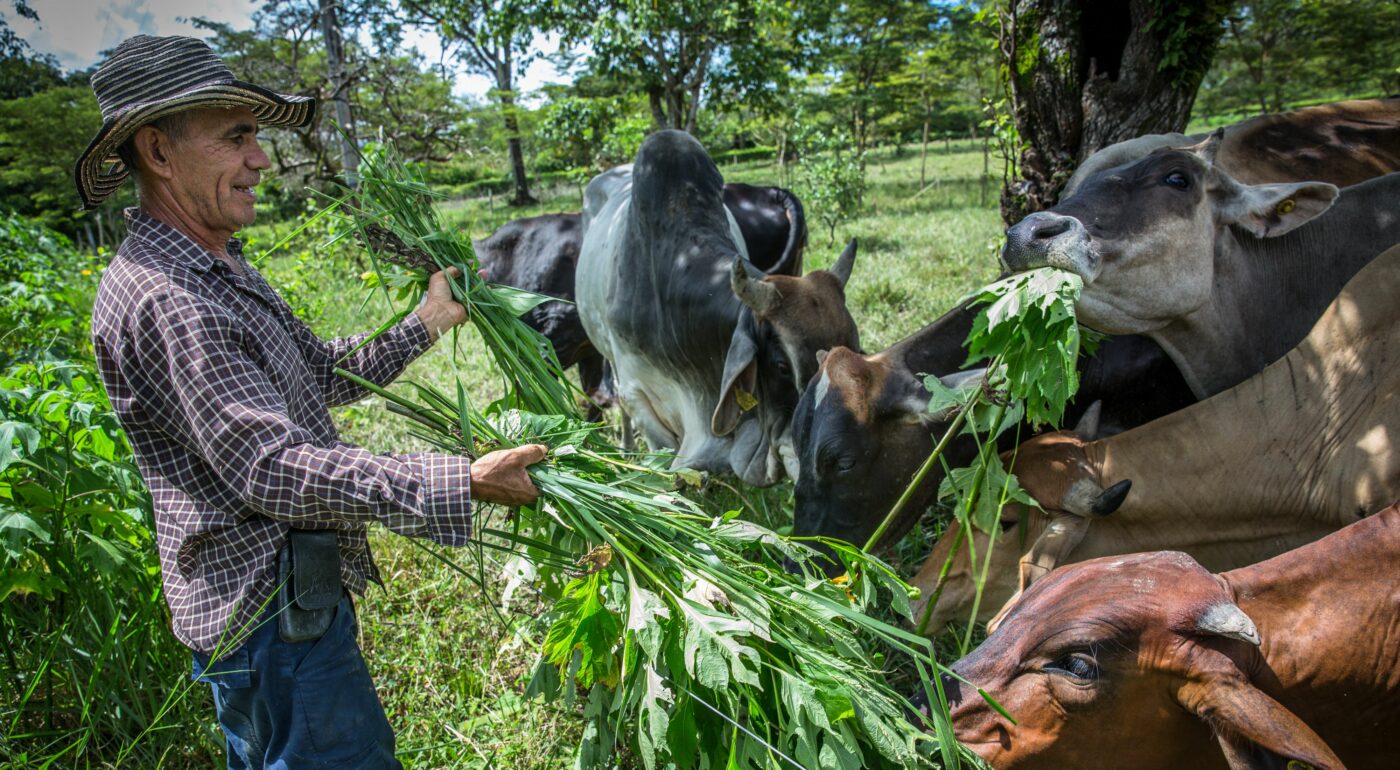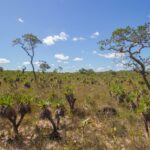Sustainable Agriculture in Brazil: Balancing Nature and Food Production

In the heartland of South America, Brazil has emerged as a global agricultural powerhouse, contributing significantly to the world’s food supply. However, the rapid expansion of agriculture has raised concerns about environmental degradation and biodiversity loss. In response to these challenges, sustainable agriculture practices are gaining traction in Brazil, aiming to strike a harmonious balance between food production and the preservation of the country’s diverse ecosystems.
Agroecology: A Path to Sustainability:
Agroecology, a holistic and environmentally friendly approach to farming, is at the forefront of Brazil’s sustainable agriculture movement. This practice emphasizes the integration of ecological principles into agricultural systems, promoting biodiversity, soil health, and resilience to climate change. Farmers practicing agroecology often employ techniques such as crop rotation, agroforestry, and organic farming to enhance sustainability.
Conservation Agriculture:
Conservation agriculture, another key component of Brazil’s sustainable farming practices, focuses on minimizing soil disturbance and preserving its structure. No-till farming, cover cropping, and the use of crop residues are integral to this approach. By reducing soil erosion and improving water retention, conservation agriculture not only protects the environment but also enhances the long-term productivity of agricultural lands.
The Role of Precision Farming:
Precision farming technologies have revolutionized agriculture in Brazil, allowing farmers to optimize resource use while minimizing environmental impact. GPS-guided machinery, remote sensing, and data analytics enable precise control over inputs such as water, fertilizers, and pesticides. This targeted approach not only increases efficiency but also mitigates the potential negative effects on surrounding ecosystems.
Biodiversity-Friendly Farming:
Sustainable agriculture in Brazil recognizes the importance of biodiversity for the health of ecosystems and the resilience of farming systems. Some farmers are adopting practices that preserve natural habitats within or around agricultural landscapes. This includes creating buffer zones, maintaining hedgerows, and implementing wildlife-friendly farming practices to support pollinators and beneficial insects.
Challenges and Opportunities:
While sustainable agriculture in Brazil is gaining ground, challenges persist. Economic pressures, market demands, and the need to feed a growing population can sometimes overshadow environmental considerations. However, the increasing awareness of the importance of sustainability, coupled with government incentives and international collaborations, presents opportunities for further adoption of eco-friendly farming practices.
The Importance of Responsible Consumption:
Consumers also play a crucial role in driving the shift towards sustainable agriculture. By choosing products that adhere to environmentally friendly and socially responsible production methods, consumers can contribute to the demand for sustainable goods. Certifications such as organic, fair trade, and Rainforest Alliance provide guidance for consumers seeking products aligned with their values.
As Brazil continues to navigate the delicate balance between agricultural expansion and environmental preservation, sustainable agriculture stands out as a viable and imperative solution. By embracing practices that prioritize the health of ecosystems, soil, and communities, Brazil can lead the way in demonstrating that it is possible to feed the world while respecting the planet’s finite resources. The journey towards sustainable agriculture in Brazil is not only an investment in the country’s future but a global commitment to harmonizing nature and food production for generations to come.

